Gather Us In “We, who are many, are one body in Christ, and, individually, members who belong to one another.”
Romans 12:5 July, 3rd, 2016 will mark the beginning of our coming together to unify all our members from the two services we’ve held for the past several years. This is especially exciting because when we are unified as a fellowship it tends to generate more energy, and it fortifies our strength as a fellowship. No doubt we will experience more joy as we consolidate and join together our praises and worship of God and our appreciation for one another. There have been an increasing number of us who felt the need to merge our two services into one. During our open meeting for all members following the Church Council meeting on May 16th, all who were present were in favor to combine both services into one. Sharing our time of worship together in one worship service may prove to be more enriching. One of the great practices of our spiritual walk is the physical assembling of the fellowship, to congregate, to come together, but more importantly, it is to know for what purpose we come together. We may all be aware that our Sunday morning gathering is about worship. But, the worshipping of God is not the only thing that is happening in these gatherings; our joining together is also about Christian communion under the one whom we serve and worship. If we aspire to follow the example of the early church, each time we met would be considered a Holy Communion – which is not only a matter of serving bread and wine, or the body and blood of Christ. Holy Communion, in a physical sense, is a “holy” coming together of Christian individuals to recognize that the Body of Christ is one and that Jesus Christ is the head of the Church. The body of Christ is the church – a living breathing organism where God has come to live and abide within her. The upward limit of her influence in the world is unknown because she, the church, is under the influence of the Spirit of God. It is most vital that the church realizes that it is not along, that God’s presence is very much a part of her existence. When that awareness is heightened of God being with her as she bears witness to the truth that God is in fact love, and that it has never been His intent to destroy lives, but to infuse His life within human beings, then the true character of God will become more apparent as it releases in the hearts of people. I am convinced that we underestimate the power of the fellowship to wield such influence in broken lives. Lives can be powerfully touched even with a few who gather to serve God. Each additional person who comes to the fellowship brings with him or her added influence to the body because God is abiding within each heart, and each person brings a uniqueness of his or her gifts to be shared and dispensed within the body and wherever one is sent to bring God’s compassion and grace to people. The fellowship is like a nursery for those who are newly introduced to the Christian faith and way of life. Often the fellowship consists of Christians who are well seasoned and learned, and have served in leadership roles as teachers, lay leaders, council members, and directors of various organizations in the church and with mission projects. The Scripture makes clear that every person who has come into the faith has been granted a gift or gifts from God that could add to the vital function of the Church. But, gifts given to the church must be understood, and should be put into practice so all may benefit and be bless by their virtues. No one person can possess all the gifts that God dispenses, as a consequence, this makes us interdependent on one another and with God. We miss so much when we abstain from one another. Isolation dissipates and diffuses our influence as a Church. But, as we rally together as a unifying body to bring God’s peace into the world, it really does have an attraction for those in the fellowship and for those in the world. Therefore we pray: “Lord, gather us in, call us now, and we shall awaken, we shall arise at the sound of our name. Give us a heart of meekness and give us the courage to enter your will. Nourish us well, and teach us to fashion lives that are holy and hearts that are true. Gather us in – calling all persons together, the fire of love in our flesh and our bone. Amen (Words in prayer adapted and adopted from “Gather Us In” by Marty Haugen).
0 Comments
Click on link above to download a PDF version of our monthly newsletter!
I give thanks to God for having allowed me the privilege to serve Him for the past six months at the First United Methodist Church of Saranac Lake. I was inducted as pastor November 1, 2014, but prior to the call to pastor this church, I was received as a member of this family under the pastoral leadership of Reverend Michael Richards. The fellowship received me with open arms and from the very beginning, I could sense something of a kindred-spirit here. The people of this fellowship do have warm hearts and have kept me encouraged; I hope that my encouragement in return has been as rich. I can hardly believe that six months have passed. I started during the high liturgical season on the Christian calendar, and already our Annual Conference here. This will be my first Annual Conference as a member of the United Methodist Church, and I will be attending as a voting member of the Conference. As I anticipate this new annual cycle, I prayerfully seek to know how God wishes me to serve this congregation, and how this fellowship is to serve our community. As a Church, we are called to service, and therefore, we must be equipped to serve. When the Scripture speaks about equipping the Church it refers to the spiritual dynamic in which the church operates. During this past Lenten season I attempted to shed some light on various spiritual practices that are vital to our spiritual development. They help equip us to serve. We have talked about study, prayer, confession, meditation, fasting, and service. We must continue to engage these topics in our discussions and practice, as they will refine our effectiveness in serving others, and they will create an even stronger bond of fellowship. The most efficient way to explore these spiritual practices in-depth is in a bible study setting, where we can raise questions and engage in dialogue. Furthermore, we can find the encouragement to take this spiritual growth out of the abstract and integrate it into our daily lives, further preparing us to serve. One area of service I believe we are led to cultivate in our ministry is reaching out into our local community, beginning with those who have been members of this church for a number of years, and are now considered shut-ins. They are no longer able to participate in the activities of the Church, yet we cannot forget them. We have an opportunity to exercise love toward them by offering services that we are able to provide. In our ministry we have started a Bible study at the DeChantel, we provide Sunday service recordings, serve communion, and deliver community meals, but as we think about the other needs of our shut-ins let us all consider what more we can do to enhance their lives. I do believe that it will be a rewarding and a healing experience as we reach out to our shut-ins. Also, in relation to service, I am convinced that nothing escapes God’s notice. People sometimes tend to take this as a negative, as if God is looking for every mistake we make, and can’t wait to pounce on us. I believe that it is the other way around. God is looking for every opportunity, and for every reason to bless us, and to bless all that we do in his name. Every small jester that we make to care for other people God takes note of this. Lastly, it is good to know that we are not alone in our ministry, and in our own power and strength. We have the strength of God to enable us to serve and to be a blessing to our fellowship and our community. Again, I wish to thank you for allowing me to serve you for these past months as we look toward the future. May God’s peace be unto you all. Love and grace, Wilbert
Easter: The Resurrection of our Lord Dear Church Members and Friends, The commemoration of the resurrection of our Lord over two thousand years ago is the greatest highlight of the Christian faith. Theologians and Biblical Scholars everywhere agree that, was it not for the resurrection, there would be no Christian faith and no church as we know it today. The Apostle Paul, for example, considered the resurrection to be the cornerstone of the Christian faith: If Jesus did not rise from the dead the whole structure of Christianity would collapse. Paul tells us in Corinthians 15:14-17: “And if Christ has not been raised, our preaching is useless, and so is your faith. More than that, we are then found to be false witnesses about God…And if Christ has not been raised, your faith is futile.” What a provoking thought from Paul. It appears that everything about us as Christians hinges on the resurrection of Jesus Christ. Our identity as Christians is bound with Christ’s resurrection, but yet his resurrection is something that eludes us, we cannot fully explain it. Scientists are left confounded and struggle to understand this phenomenon asking if such a thing is actually possible. Some are left skeptical of the possibility; others hold fast to their faith and belief that Christ did rise from the dead. In spite of those who may have some reservation about the Christian faith, a major worldwide study of religious numbers has revealed that the total number of Christians spanning the globe is 2.18 billion. This is a staggering number of people who are proclaiming and confessing the Christian faith. It is, by far, the largest religion in the world. In the light of this information, we might assume that the resurrection of Christ has a strong appeal to many people especially as it promises eternal life. The mundane cares of this world with its suffering, pain, and agony can be undesirable, but, in the resurrection, there is the promise of a world without suffering and pain, in which, there will be no cause for the shedding of tears. If there are tears, they will be tears of joy, and peace without end. The power of Christ’s resurrection through Christianity is celebrated around world, and yet there still remains a number of people who do not truly understand the foundation of the Christian faith. The Church is called upon to proclaim the resurrection of Jesus Christ to the entire world, as mandated by Christ himself. The responsibility of the Church today is to continue with that mandate. Therefore, I implore you, as part of our family and a member of the Christian faith, to continue to support the ministry which has been laid upon us, to serve our community. Over the past winter, we have incurred heating costs far beyond normal, and that poses a greater challenge to our community ministry. In light of this, we would appreciate any special gift to aid in defraying those costs, and remember to always acknowledge your gift as being presented to God, and we will continue to pray that God will bless our ministry. Your special gifts will allow us to broaden the scope of our ministry in Saranac Lake as we meet, with stewardship, the challenges that have been set before us. May you have an enjoyable Easter Sunday. Grace and peace, Rev. Wilbert Gamble, Pastor
The Apostles’ Creed: The Confession of Our FaithI believe and am convinced of the validity of the Apostles’ Creed which exhibits the essence of the Christian faith from its historical context. I have made the Apostles’ Creed the confession of my faith when I accepted Jesus Christ as Lord and Savior of my life. I believe that it bears the truth about God, the Lord Jesus Christ, the Holy Spirit, and the Church. I have touched upon every element found in the Creed in the messages I have preached and taught over the years. My goal in this essay is to summarize my understanding and what my convictions are as they relate to the Apostles’ Creed.
The Apostles’ Creed is a statement, compiled by later Christians, that defines the foundation of Christianity as testified by those who were eye witnesses of the life and teachings of Jesus Christ, and by those who once adhered and lived under the governing authority of the Torah. Though the Apostles did not write the Creed themselves, they were the forebears of the testimony of Jesus Christ. Their statement and witness was recorded by other Christians who knew of the Apostles’ life firsthand and who established the writings of the four gospels as recorded in Matthew, Mark, Luke, and John. Furthermore, many of the epistles were written while the Apostles were still living. So, the testimony of Jesus and all the events and teachings that revolved around his life was already widely in circulation in the province of Palestine by the Apostles, and throughout Asia Minor and around the Mediterranean basin by way of the Apostle Paul’s missionary work. Though the Apostles’ Creed was not finalized until many years later, it was the people of the early church, but not the Apostles themselves, who transcribed the various statements of the testimony of the Apostles on papyruses and parchments. It was from these writings, that we find in our New Testament books and epistles, where the confession of the Apostles’ Creed was extracted to exhibit and promulgate the essence of the Christian faith to the churches around the Mediterranean Sea. My own faith is predicated on this background history and documentation of the testimony of those who were first witnesses of Jesus’ life and teachings. In other words, the Apostles’ Creed is a direct reflection of what the scripture teaches, and I have accepted by faith the validity of these scriptures as God’s inspired Word which bears the truth of the testimony of these first Apostles of Jesus Christ. The Creed speaks of God, the Father, of Jesus Christ, and the Holy Spirit. It makes a cursory notation of the Virgin Mary who gave birth to Jesus, and of Pontius Pilate who consummated the role of putting Jesus to death. It unfolds the fate and destiny of Jesus’ life. It speaks of Judgment of the living and the dead. It refers to the Church as a living entity and the state of its condition: Holy Catholic Church, the communion of Saints, the forgiveness of Sins, the resurrection of the body, and the life everlasting. Each phrase in its term carries tremendous theological weight and implication that could lead us writing volumes of commentary. Here is the complete quotation of the Apostles’ Creed as a statement of faith which I divided into three sections. Each section is followed by a brief commentary from my own perception and understanding: “I believe in God, the Father Almighty, creator of heaven and earth.” This first sentence reveals something about God, the Father Almighty. He is the creator of heaven and earth as the Old Testament scripture in Genesis chapter 1 affirms and testifies to His creation activity. The term God Almighty is prevalent throughout the Old Testament Writings. But, it is only in the New Testament where God is ascribed to as “Father” by Jesus Christ as used in his prayers and teachings. This has opened to me an understanding of our relationship to God and God’s relationship to us. He is Father. He cares, He loves, and He provides for our need. “I believe in Jesus Christ, his only Son, our Lord, who was conceived by the Holy Spirit, born of the Virgin Mary, suffered under Pontius Pilate, was crucified, died, and was buried; he descended to the dead. On the third day he rose again; he ascended into heaven, is seated at the right hand of the Father, and will come again to judge the living and the dead.” In this second paragraph of the Creed the subject is Jesus Christ. It is his story line of what happened to his life from his conception to his ascension to the Father, and his second coming as a judge. Notice that some crucial elements are not mentioned, but are implied, in terms of why all of this was necessary for Jesus to go through. Our references in scripture reveal that Jesus came to reconcile the human race back to God, to redeem lost humanity, to pay a ransom for those who had the sentence of the penalty of death on their life because of sin. This condition of sin includes all of humanity. Sin is the violation of God’s will and command for our life. As you will discover in the next paragraph of the Creed, the word “sin” is used, and it is this sin that carries the sentence of death. Biblically, sin is the cause of our separation from God. The only answer God provided to resolve our human dilemma was the death of His Son Jesus Christ. It was the shedding of Jesus’ blood as the price to redeem humanity from the penalty of death. Through Jesus we are granted grace, salvation, forgiveness of sin, and eternal life – the goodness of God toward humanity. When I observe how Jesus is written in the creed, the sense of the Almightiness of God can clearly be seen in his life. There is a close connection of the work of the Holy Spirit in this life of Jesus that defies understanding. The Holy Spirit was able to consummate the birth of Jesus in the womb of a woman without the aid of a man. So, he (Jesus) was literally born of the Holy Spirit and of human flesh. I believe the Virgin Mary’s birth of Jesus is true. And, that it was necessary that his birth came by way of the Holy Spirit and not by a human male. This made his relationship with God distinctively unique from all other persons that were every born on earth. Perhaps this is why he tells Nicodemus in the Gospel of John that “you must be born of the Spirit,” because he (Jesus) was born of the Spirit. “I believe in the Holy Spirit, the holy catholic church, the communion of saints, the forgiveness of sins, the resurrection of the body, and the life everlasting. Amen.” This final paragraph shows something of the result of Jesus’ life. We recognize the person of the Holy Spirit in the Old Testament as well as in the New Testament. The Holy Spirit plays a significant role in the life of the Church. He is the empowerment of the Church. In the language of theology, the Holy Spirit is recognized as the third person of the Trinity of the God head (God the Father, God the Son (who is Jesus Christ), and the Holy Spirit). In the New Testament scripture the Holy Spirit is referred to as Comforter, Teacher, Counselor, the Power of God, and the Holy Ghost. He was sent to dwell and to remain with the Church, and to help the Church fulfill the calling of God of the ministry of reconciliation. The Holy Catholic Church is Christians everywhere; the meaning of the word catholic is not the same usages as the term when it is used to describe the Catholic denomination. The word catholic in the Apostle’s Creed, is catholic with a small “c”, as it relates to Christians universally. So, the Holy Catholic Church means that there is only one Church and Jesus Christ is its head or authority. The communion of saints is the state of our relationship to the Christian community and to God. We are considered the family of God, and we are called sisters and brothers in Christ. Communion has much to do with how we are encouraged to live together as Christians – by loving one another as the Lord Jesus commanded his disciples. The forgiveness of sins is not only something that God does for us as a human race, but it is expected of every Christian to practice forgiveness of sins of others including brothers and sisters in Christ. Even as God forgives sins so must we. The resurrection of the body and the life everlasting is the gift of our salvation in Christ. This means death has no power over him/her whom God has set free from death’s penalty – life is forever and ever. We have no scientific way of explaining these miraculous phenomenon that is clearly of God’s work and power, but we are blessed with them. I have disclosed in this essay a summary of my conviction and understanding of the Apostles’ Creed. I presented a brief history of the development of the Creed’s content that was found in the writings of the early Christians. The First Apostles of Jesus and other followers of Christ were eye witnesses to Jesus’ life and teachings, and these events and sayings of Jesus were recorded by these early Christians. The materials found in the Gospels were extracted by later Christians who composed what we have today, the Apostles’ Creed. In the light of what I have shared in the disclosure of this essay, I conclude that the Apostles’ Creed is the essence of my faith. Grace, Pastor Wilbert Lent SeasonWelcome to the season of Lent! Lent season is when many Christians spend time in contemplative soul searching. The season of Lent has developed into a personal venture for individuals to realign their relationship with God aspiring to live a more consecrated spiritual life. Lent is a period of forty days or approximately six weeks leading up to Easter day. All Sundays within this time frame are omitted within the forty days of Lent, and Ash Wednesday marks the beginning of the season. Lent also shadows the start of Jesus’ ministry leading up to Holy Week which reflects the beginning of the end of Jesus’ ministry on earth before his betrayal and crucifixion, and ending on Holy Saturday, the day before Easter. Throughout the whole season of lent acts of penitence has played a significant role in many denominations. Some churches use as a penitence exercise the practice of fasting. It was through Fasting that the idea of Lent was derived when Jesus spent forty days in the wilderness fasting and was tempted with various human inclinations, but was able to resist them. Many Christians continue to carry on the custom of fasting by abstaining from various luxuries. Additionally, deeds of charity toward the poor and other spiritual disciplines are brought into focus to enrich one’s spiritual endeavors and growth.
Lent season is an opportune time to get reacquainted with the spiritual disciplines within the Christian faith. I would like to encourage all of our members to use this season to engage in contemplation and self-reflection pondering over various sayings and events of Jesus’ life. Challenge yourself to explore one of the spiritual disciplines of the Christian faith during this time. Here are some suggestions that may help you experience a meaningful Lent season. Select one out of the six spiritual disciplines that I have arranged to speak on during our worship services. The six spiritual disciplines includes; prayer, fasting, meditation, scripture study, service, and confession. There are other spiritual disciplines that are not mentioned here and they are just as enriching. Next, do a personal study using a Bible, Concordance, and a Bible Dictionary or a Religious Encyclopedia to learn as much as you can about the discipline that interests you. It is good to discuss your findings on the subject with your pastor or with someone who is familiar with the teachings and context of Scripture. When you have gathered enough information to feel confident in the validity of the subject arrange a set time during Lent to regularly practice your chosen spiritual discipline. Next, keep a journal of your activities and reflect upon any significant moments as you engage in your practice. It is always good when embarking upon any new endeavor to start simple and small like a seed. Allow yourself to grow into the practice if it is something that is not quite familiar to you. Ask God for insight and wisdom as you study and practice - have faith. As your pastor I extend an open door to anyone who wishes to discuss any of these spiritual disciplines. Exploring the spiritual disciplines could open new doors of understanding of the Christian faith and its power in your life. Happy Lent season! Grace and love, Pastor Wilbert |
Details
FUMCSLWelcome to our WebBlog where you can find the latest news and information about our church community and its activities! Archives
November 2018
Categories
All
|
||||||||||||||||||
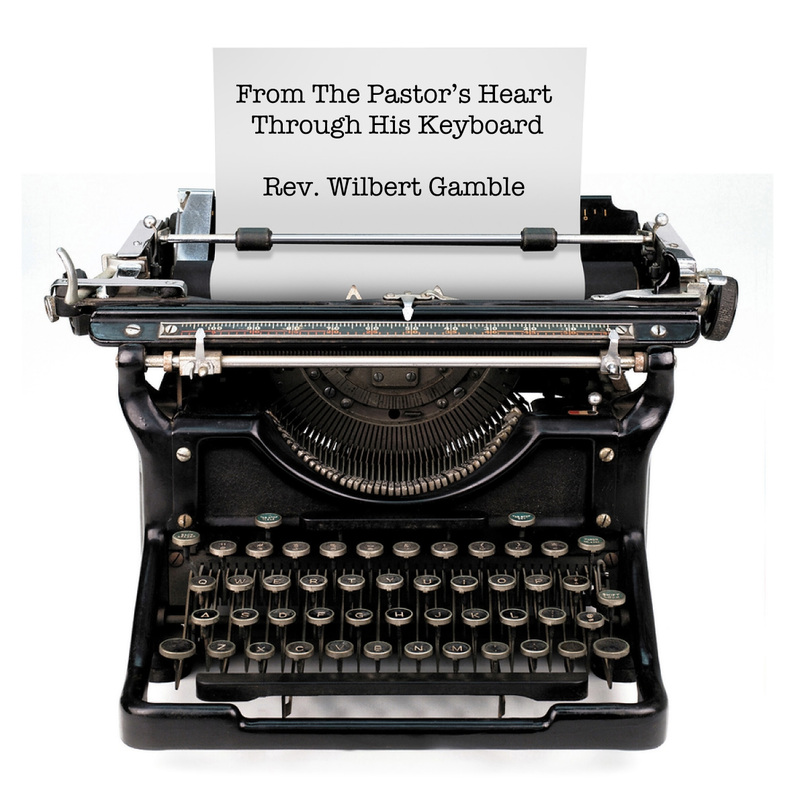

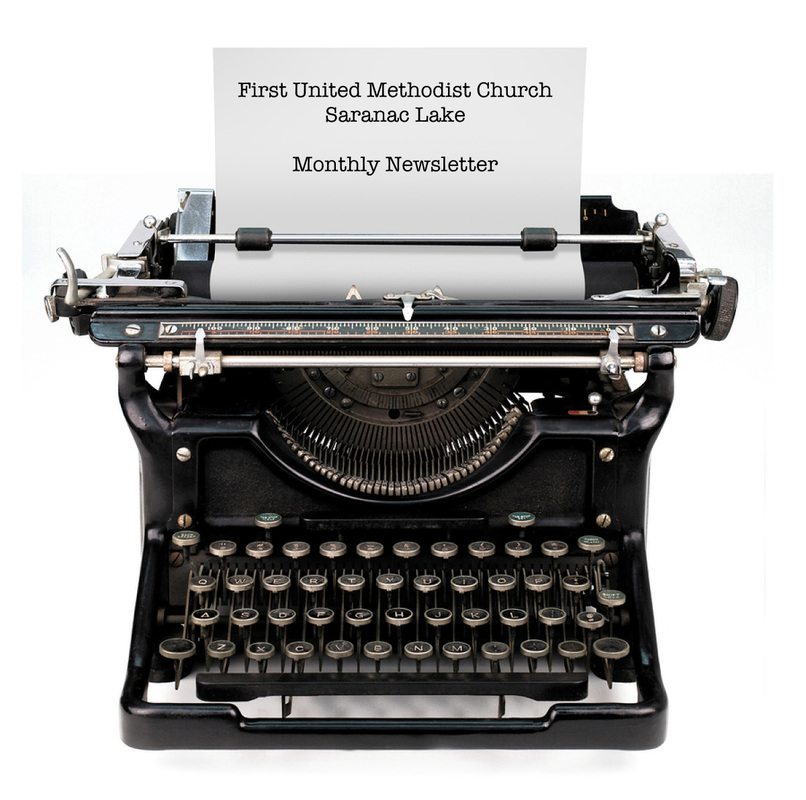
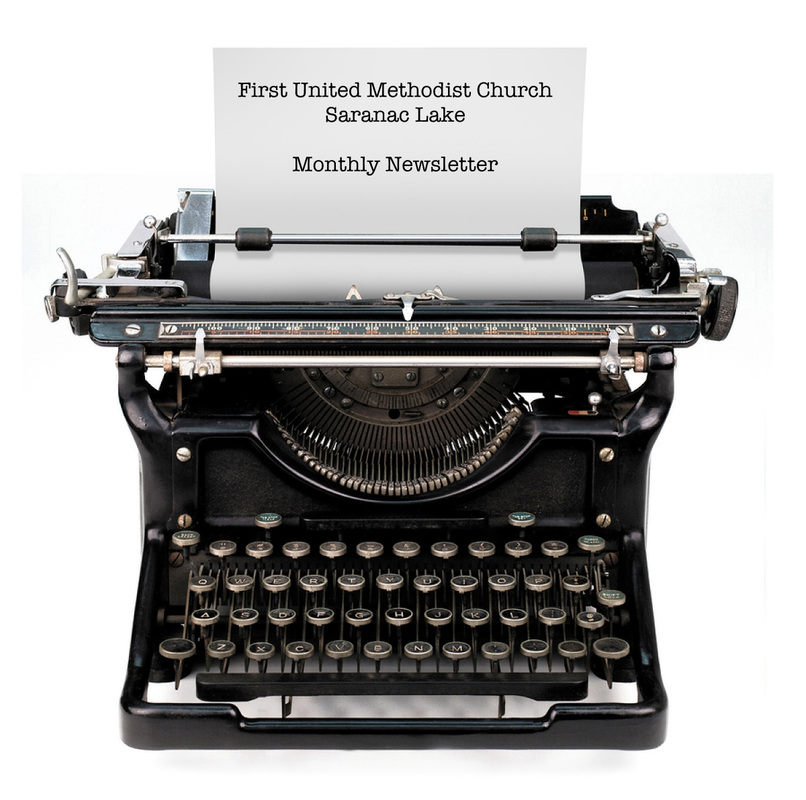
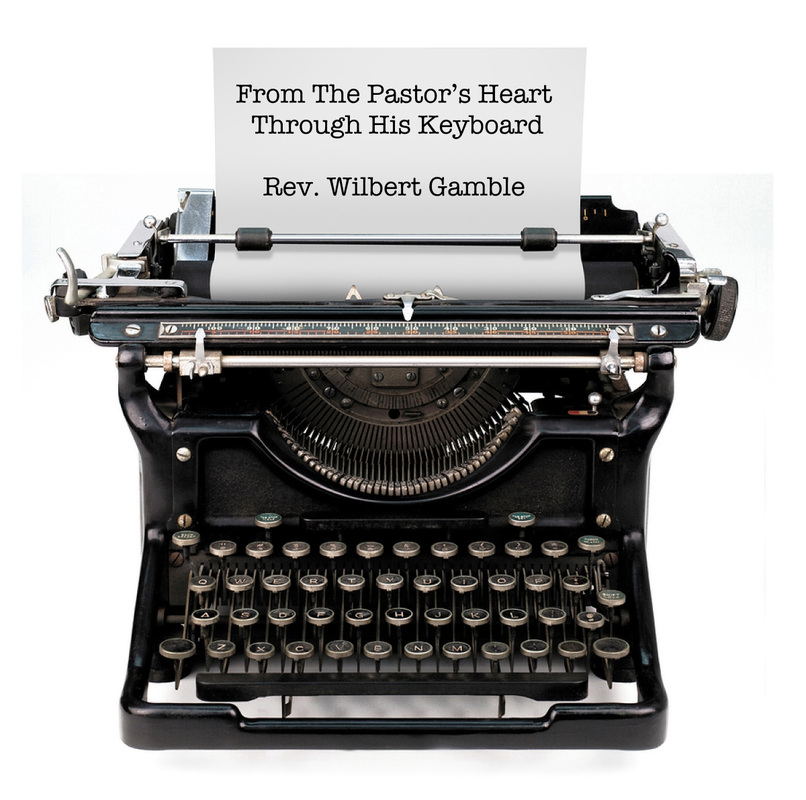

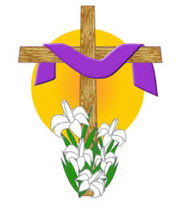

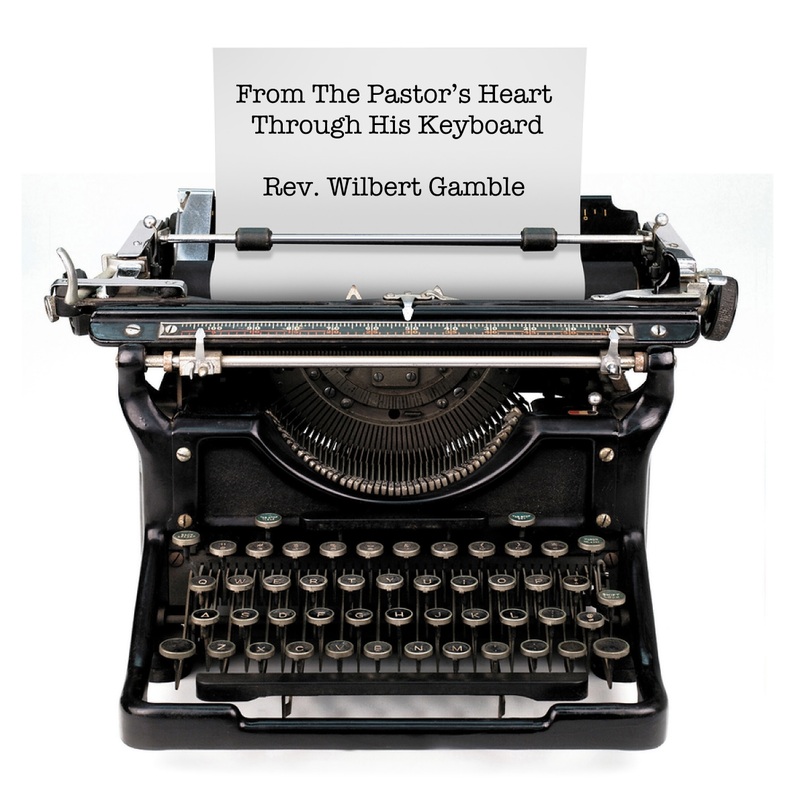
 RSS Feed
RSS Feed
